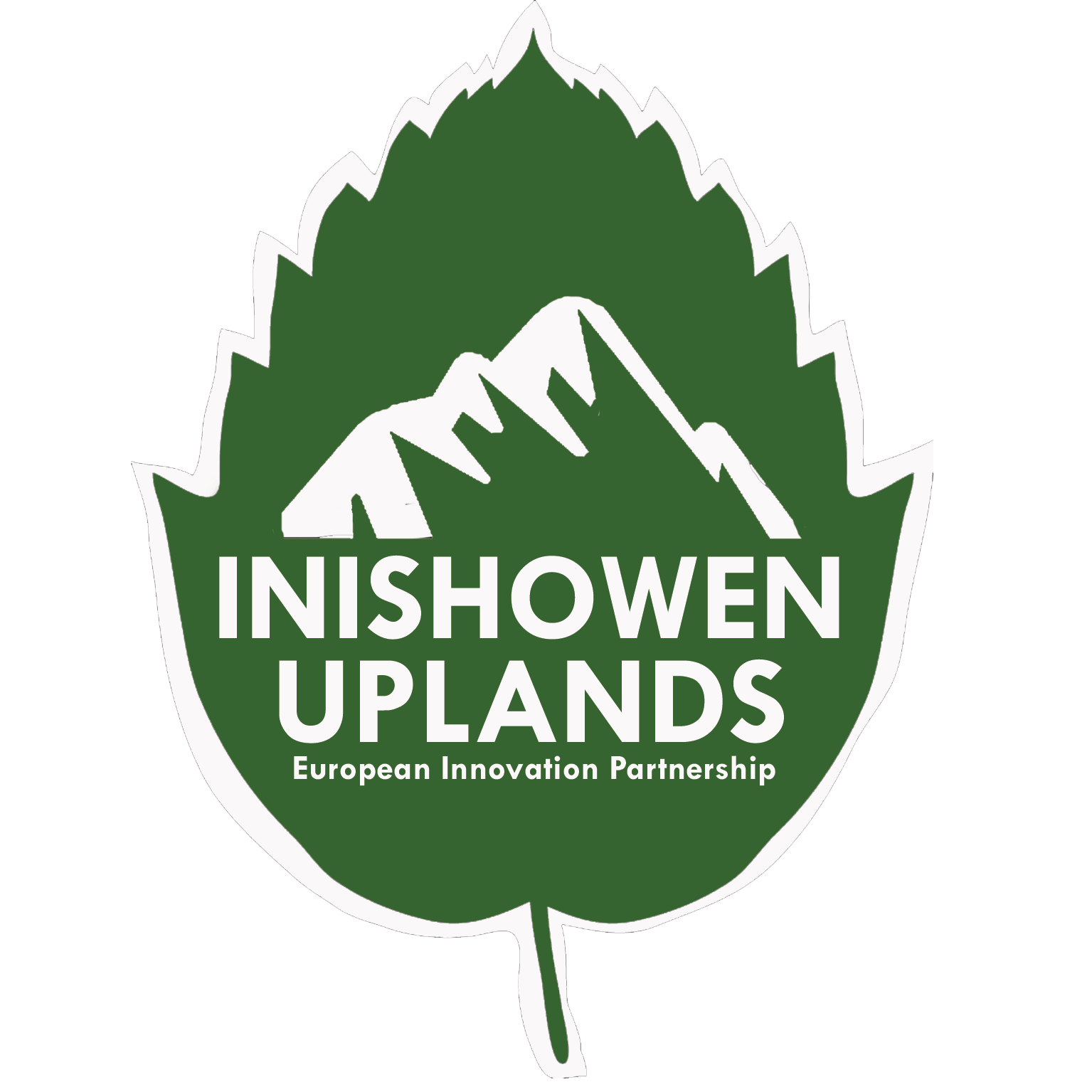Our Impact
Increased profitability for farmers participating
Reduced dependence on chemical nitrogen fertiliser
Improved upland habitat condition, by implementing the correct grazing regime across all of the holding as has been high lighted in current research on grazing on the uplands
By implementing the correct grazing regime soil erosion will be avoided.
Flood resilience and water infiltration will be increase by the strategic planting of trees and hedges.
Increased Carbon sequestration, planting of trees will sequester carbon and well-managed uplands will increase carbon sequestration and decrease emissions.
The upcoming regulation at EU level on Land Use Land Use Change and Forestry (LULUCF) will for the first time include the carbon emissions and removals from the land use and forestry sector in the National Emissions Accounting Budget. We believe that an added benefit of the type of project we are proposing is that it can be tailored to generate a carbon footprint and a carbon navigator at individual farm level.
Enhanced nutrient management and capture.
The project will address the fact that conventional agri-environment and woodland grant schemes do not have sufficient flexibility to support targeted, site-specific, tree planting initiatives by farmers and landowners.
The biggest benefit of the entire project will be the retention of people to continue to farm and manage the land. We intend to demonstrate that there is a real benefit in this to the local economy and to the country as a whole.

